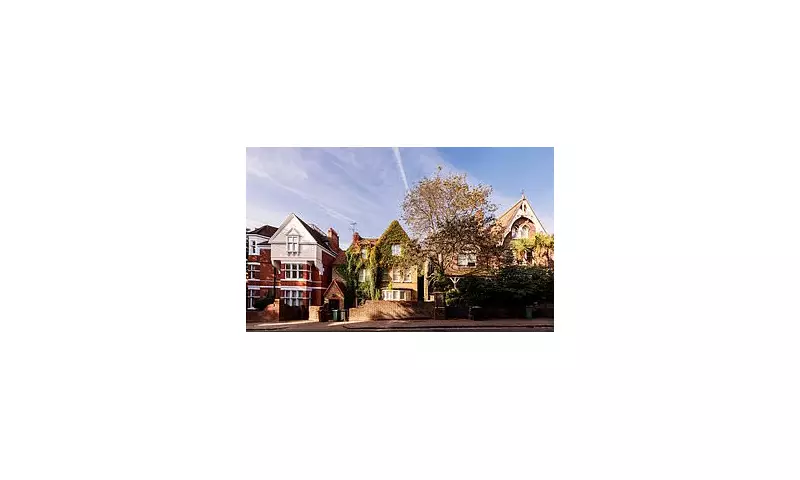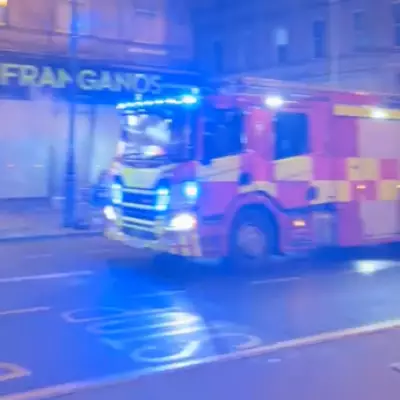
Behind the pristine facades of multi-million pound homes and the orderly school runs in one of London's most affluent neighbourhoods, a disturbing and clandestine trade is flourishing. Hampstead, synonymous with intellectual elite and old-world wealth, is grappling with a startling new reality: its middle-class mothers have become the best customers for local cocaine dealers.
The 'Post-Baby Friday Night' Transformation
Gone are the traditional glasses of wine amongst friends. The report details a stark transformation in social habits, where exhausted mothers are increasingly turning to class-A drugs as a means of coping. What begins as a fleeting escape from the relentless demands of parenting is spiralling into a widespread, open secret.
"The dealers know their market perfectly," an inside source revealed. "They know the women are desperate for a release, have significant disposable income, and value discretion above all else. It's a business transaction as casual as the weekly Waitrose shop."
A Jekyll and Hyde Existence
The dichotomy of their lives is jarring. The same women coordinating fresh organic snacks for toddler swim classes in the morning are arranging illicit drug deliveries via encrypted messaging apps the night before. The cycle is vicious: using stimulants to party or escape, followed by prescription sleeping pills to force rest before the 6am wake-up call for their children.
This isn't a hidden underworld; it's unfolding in plain sight. Deals are allegedly coordinated near the very institutions that define their respectable lives—outside elite schools, near sports clubs, and in the cafes that line Hampstead High Street.
Wealth, Privilege, and a False Sense of Security
Experts suggest that immense wealth and social privilege fuel the problem, creating a dangerous illusion of immunity. The perceived safety of their environment and their socioeconomic status leads to a minimisation of the profound risks associated with cocaine use—from addiction and mental health crises to potential prosecution and the unthinkable: losing custody of their children.
The community is now facing a urgent call to action, forced to confront the uncomfortable truth lurking beneath its polished surface. This is more than a crime story; it's a profound social commentary on modern parenting pressures, affluence, and the silent epidemics that can thrive in the most unexpected places.





